How a 2010 Supreme Court decision transformed American democracy into a billionaire’s playground
The Decision That Changed Everything
In 2010, the Supreme Court’s Citizens United v. FEC ruling fundamentally transformed American campaign finance. The 5-4 decision allowed corporations and unions to spend unlimited amounts advocating for or against political candidates, arguing that political spending was a form of protected speech under the First Amendment.
What seemed like a narrow legal ruling unleashed a torrent of money that has reshaped American democracy. The numbers tell a stark story: Dark money expenditures increased from less than $5 million in 2006 to more than $1 billion in the 2024 presidential elections alone.
The Dark Money Explosion
The most dramatic impact has been the rise of “dark money” – political spending by organizations that don’t have to disclose their donors. Dark money groups spent almost $2 billion on the 2024 election, roughly double the total spent in 2020.
By the Numbers: 2024’s Record-Breaking Spending
- $1.9 billion: Total dark money spending in 2024 federal races
- $2.6 billion: Amount spent by just 100 billionaire families in 2024
- $20+ billion: Total money that flooded into the 2024 presidential campaign
- $2.5 billion: Collective donations from the 50 biggest donors this cycle
These figures represent a seismic shift in American politics. Just 100 billionaire families contributed one of every six dollars spent altogether by all candidates, parties and committees in 2024.

The Billionaire Political Class
Top Megadonors of 2024
The concentration of political influence among the ultra-wealthy has reached unprecedented levels. Of the top 10 donors, eight supported the Republican party, channeling their wealth to conservative super PACs and candidates. Only two—Michael Bloomberg (founder of Bloomberg L.P.) and Dustin Moskovitz (Facebook co-founder)—backed Democrats, contributing about $115 million combined.
Key Players and Their Spending:
Tech Billionaires:
- Reid Hoffman (LinkedIn founder): Donated more than $26 million to Democratic causes as well as $400,000 to Republican causes this election cycle
- Dustin Moskovitz (Facebook co-founder): Major Democratic donor contributing tens of millions
- Bill Gates: Quietly donated $50 million to the 501(c)(4) arm of Future Forward, one of the biggest spenders in support of Vice President Harris, and his donation will never appear on a public campaign finance filing
Wall Street and Finance:
- Ken Griffin (Citadel): Among megadonors collectively giving hundreds of millions to candidates and super PACS to influence voters
- Paul Singer (Elliott Management): Another major Republican donor
- Michael Bloomberg (Bloomberg L.P.): One of the few billionaire Democratic supporters

How Dark Money Works: The Shell Game
The Citizens United decision created a complex ecosystem of political spending that operates largely in the shadows:
The Structure:
- 501(c)(4) “Social Welfare” Organizations: Can accept unlimited donations without disclosing donors
- Super PACs: Can receive unlimited contributions but must disclose donors
- 501(c)(6) Trade Associations: Another vehicle for undisclosed spending
The Process:
Wealthy donors and corporations funnel money through 501(c)(4) organizations, which then either spend directly on political activities or transfer funds to Super PACs. For instance, Future Forward PAC, a super PAC that supports Democratic candidates, reported a $205 million contribution from an affiliated dark money group. Voters had no idea who spent these millions of dollars trying to influence their votes.
The Real-World Impact on Working Americans
For young adults and working families, this concentration of political power has profound consequences:
Policy Implications:
- Tax Policy: Billionaire donors often advocate for policies that benefit the wealthy, such as lower capital gains taxes
- Healthcare: Corporate interests can outspend patient advocacy groups
- Climate Change: Fossil fuel companies can anonymously fund climate denial campaigns
- Workers’ Rights: Anti-union spending often comes from undisclosed corporate sources
Democratic Representation Crisis:
The result has been torrents of political spending from a small group of the very wealthiest megadonors via super PACs, as well as steadily increasing amounts of untraceable dark money.
This creates a fundamental imbalance where the voices of ordinary Americans are drowned out by billionaire megaphones.
The Enforcement Problem
These protections are increasingly illusory because of weak rules and lax enforcement. The Federal Election Commission, designed to oversee campaign finance, has been hamstrung by partisan gridlock and insufficient resources.
Transparency Gaps:
Nonprofits that do not disclose their donors reported about $43 million in direct spending to the FEC during the entire 2024 cycle. That amounts to less than 2.5 percent of all dark money in last year’s election.
This means 97.5% of dark money spending operates with no meaningful disclosure requirements.

What This Means for Democracy
The Citizens United decision has created a two-tiered system of political influence:
Tier 1: Ultra-wealthy individuals and corporations with unlimited spending power and anonymity Tier 2: Everyone else, including small donors, labor unions, and advocacy groups
The Participation Gap:
While 150 billionaire families have already smashed the billionaire campaign-spending record, contributing $1.9 billion, the average American struggles to make their voice heard in a system increasingly dominated by megadonors.
Looking Forward: Potential Solutions
Several reform proposals could address these issues:
- Constitutional Amendment: Overturning Citizens United would require a constitutional amendment
- DISCLOSE Act: Would require dark money groups to reveal their donors
- Small Donor Amplification: Public financing systems that match small donations
- Corporate Political Spending Transparency: Requiring shareholder approval for political expenditures
Conclusion: The Stakes for Young Americans
The Citizens United legacy represents both a challenge and an opportunity. Understanding how money flows through the political system is crucial for effective civic engagement.
The explosion in dark money spending – from under $5 million to nearly $2 billion in federal races alone – represents more than just big numbers. It represents a fundamental shift in who gets to participate meaningfully in American democracy.
As both sides see as existential, the moral guardrails for political spending are vanishing, making reform efforts more urgent than ever.
The question facing Americans is not just who to vote for, but how to ensure their votes – and voices – still matter in an era of unlimited political spending by the ultra-wealthy.
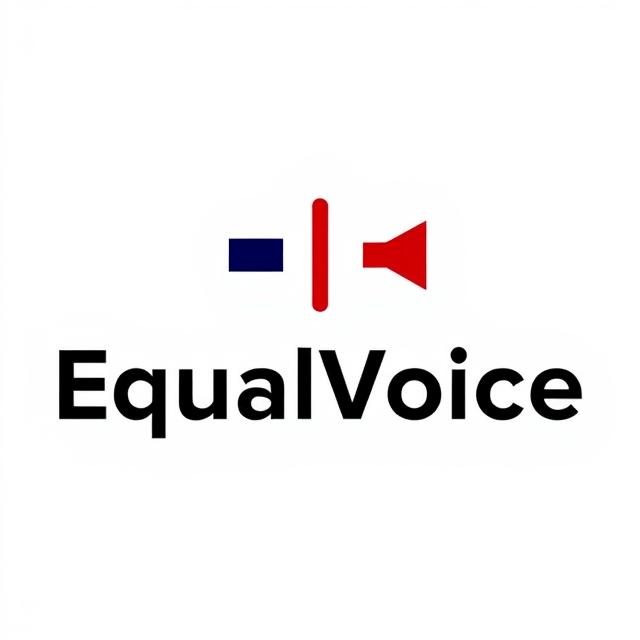
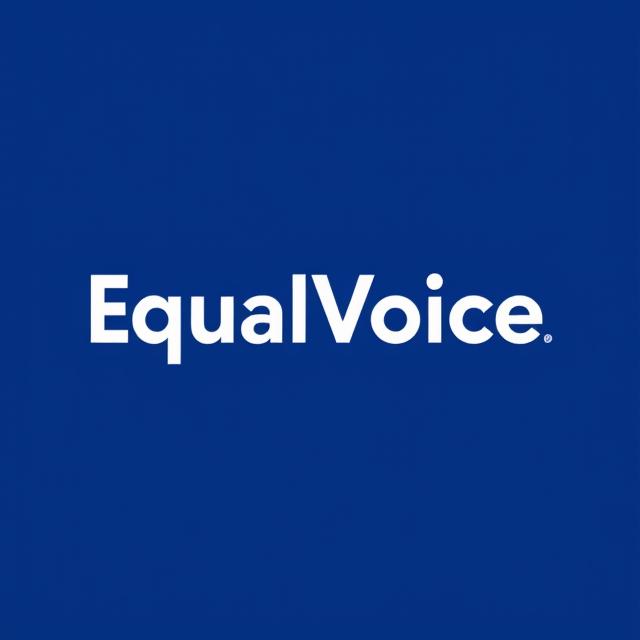
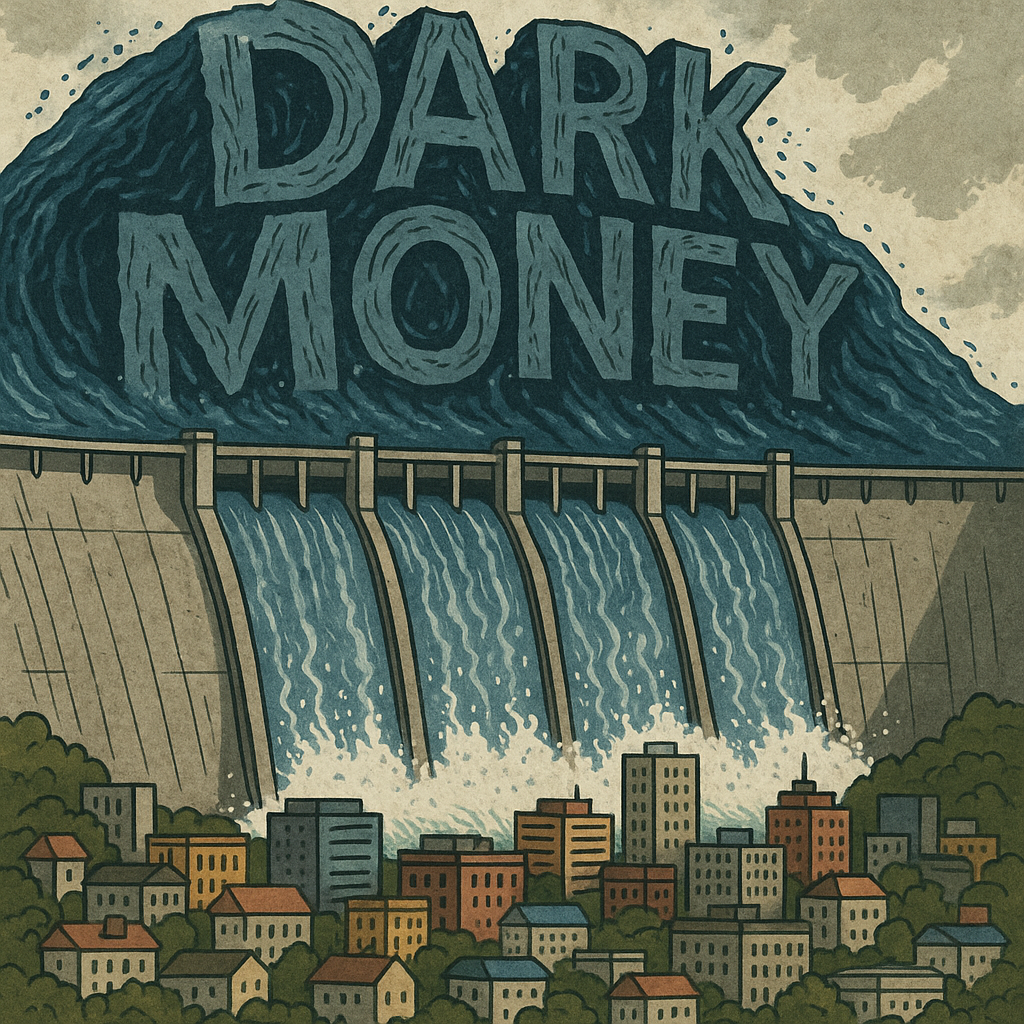
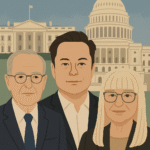

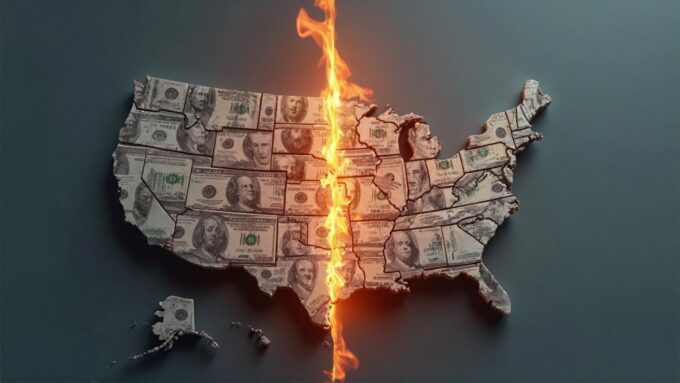
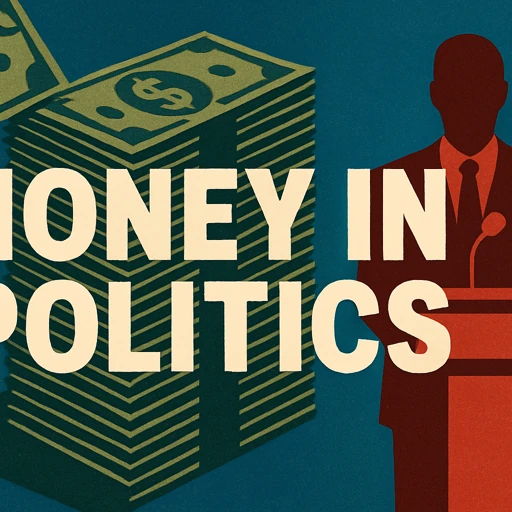
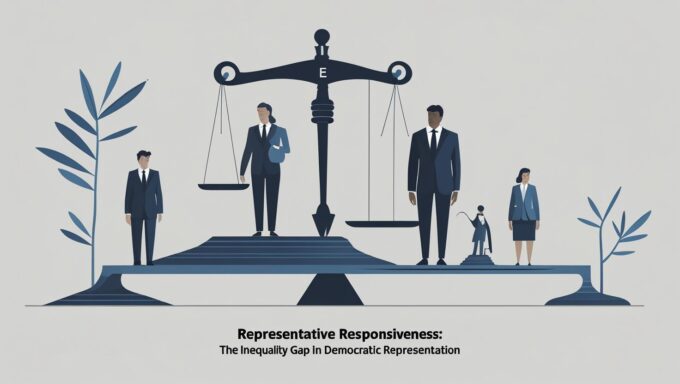
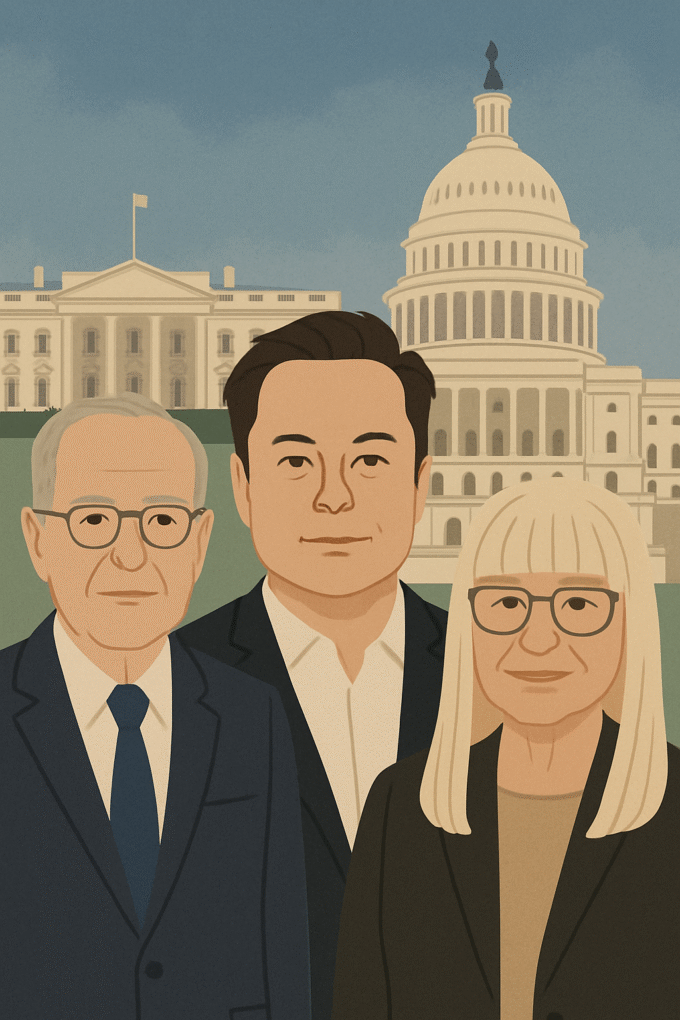
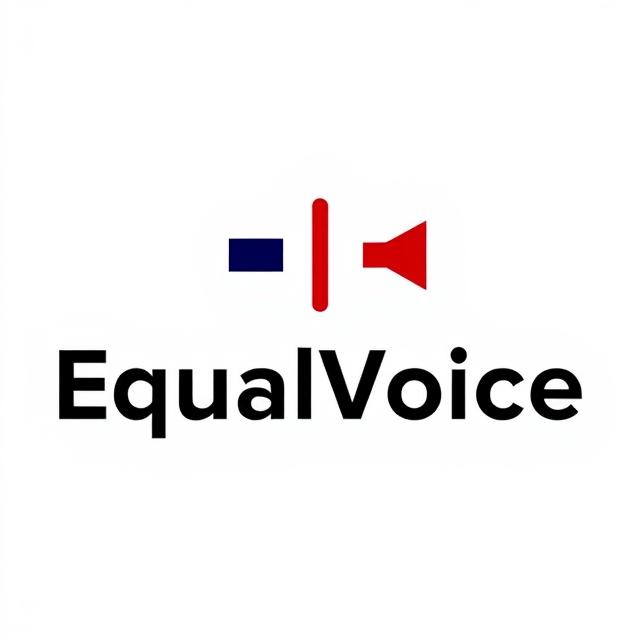
Leave a comment